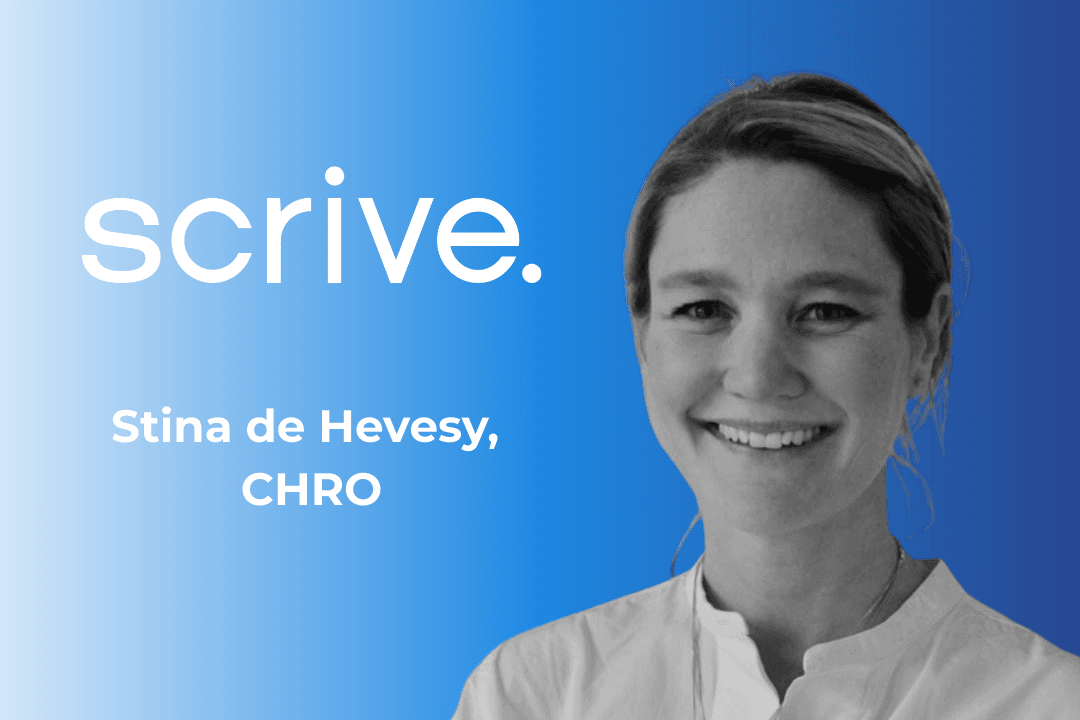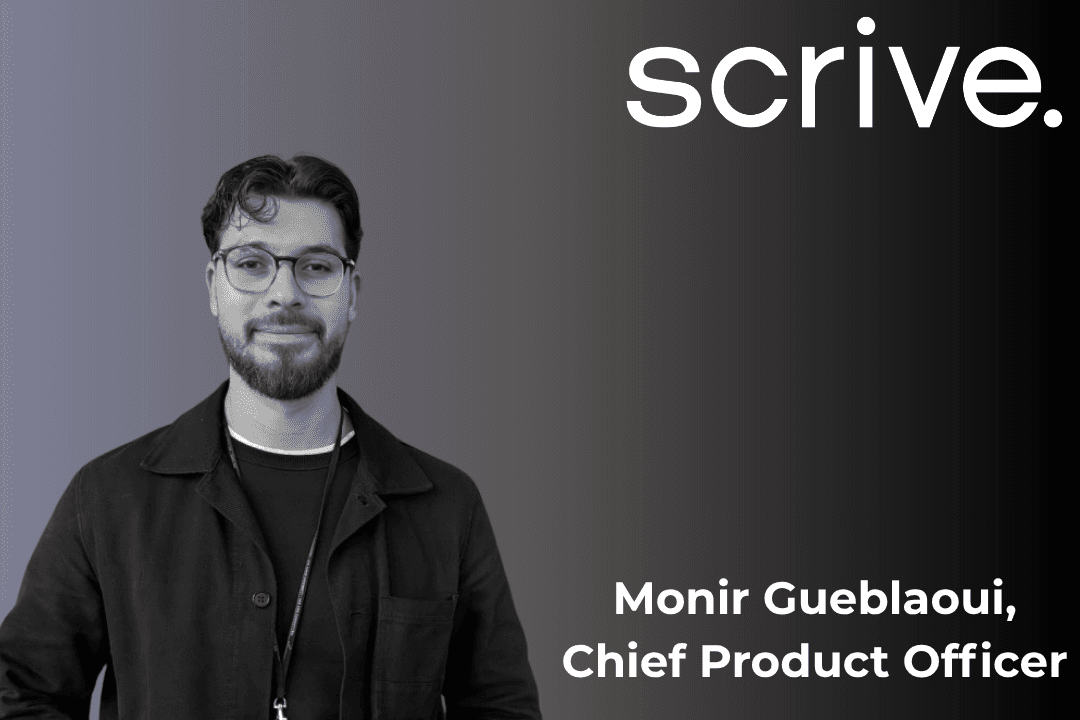
From paper to AI: why HR must lead the digital leap
AI is transforming business, and HR is at the center, but successful adoption requires strong digital foundations before experimentation.
Read articleA good science fiction story is an entertaining thought experiment that helps us imagine a world not so different from the one we know. In the Spring of 2020, it gets real.
Science fiction invites us to open the control panel that governs how human society functions, tweak a few knobs and see what happens. Let’s try one: Gold is worthless, water is priceless and all other parameters are held constant. Go! Or: What if the average human lifespan increased to 500 years? Or say it’s arbitrarily shortened to 30, as in Logan’s Run?
What about this one: Climatic changes threaten the viability of human life on earth. Go! (That one is probably too much to face right now.)
Or this: Global pandemic causes sudden, widespread economic downturn, predicted to be the worst since the 1930s. Survival replaces growth as the leading indicator of economic prosperity, prompting us to question how we live and work.
This next one deserves to be its own book, but in fact it’s merely a sub-plot of the above pandemic story: As everyone stays indoors, overnight drop in fossil fuel demand causes oil prices to plummet. Take a look at the headlines that would open such a book, to set the scene and draw us into the alternate world the author has imagined for us:
“Reset” and “the new normal” are terms we’re hearing a lot these days. What lies on the other side of this global disruption need not remain a mystery that reveals itself to us page by page as we read along passively. It’s a future we can plan for and help create.
“The virus is rewriting our imaginations”, says science fiction novelist Kim Stanley Robinson. “We are all now stuck in a science-fiction novel that we’re writing together.”
Pandemic-themed fiction does exist, two popular examples being the movies Contagion and Outbreak. (Don’t stream these any time soon unless you are very brave or have a perverse sense of humor.) What is notable is that both focus on the drama of the immediate pandemic, but they don’t cover the much bigger story: what the world looks like afterwards.
“The virus is rewriting our imaginations. We are all now stuck in a science-fiction novel that we’re writing together.”
Kim Stanley Robinson, science fiction novelist
So if we’re looking for plot development ideas for our own pandemic book, why not ask ourselves: what kind of world do we want to live in once the disease phase of the story resolves? Because we will live in it.
One version of the pandemic story we might consider writing: Working from home is the rule, offices are the exception and business travel is greatly reduced. The results: big drops in carbon emissions and traffic congestion, big savings in office expenses and employee commute time. And what would the down sides be?
Some elements of this plot are already a reality. The question is: will it be temporary, permanent or morph into something else we have yet to imagine?
Two major European cities are already busy writing the future they want to see.
Last month, Amsterdam became the world’s first city to formally commit to Oxford economist Kate Raworth’s “doughnut” economic model, an approach to public policy that places the well-being of people and the planet over growth and the traditional formula of supply and demand.
Meanwhile, Milan has announced one of Europe’s most ambitious plans to reduce and even eliminate car traffic on some of its most crowded streets. The city plans to transform 35km of streets, repurposing crowded thoroughfares to restrict cars and make more room for pedestrians and bikes. Similar projects are in the works in Athens and other cities.
Sustainable economic models, car-free urban centers: these are not new ideas. So why are they being implemented now, when a few months earlier they may have easily been laughed off as “impractical”? Consider that very practical pressures might be driving these changes.
Regarding the “doughnut” model in Amsterdam, deputy mayor Marieke van Doorninck says “I think it can help us overcome the effects of the crisis.” At the same time, it provides a framework for addressing some of the city’s existing challenges, like the shortage of affordable housing. “It is to help us to not fall back on easy mechanisms.”
“We have to re-imagine Milan in the new situation.”
Marco Granelli, deputy mayor
Milan, center of Europe’s hardest-hit region in the early part of the pandemic, already had severe traffic and air pollution problems, both of which dropped off sharply during lockdown. Prior to covid, cars had occupied so much public space that there was little room for pedestrians to move and thus no place for commercial activity to happen outside the shops.
“Of course, we want to reopen the economy”, explained deputy mayor Marco Granelli when the plan was first announced, “but we think we should do it on a different basis from before. We think we have to reimagine Milan in the new situation. We have to get ready; that’s why it’s so important to defend even a part of the economy, to support bars, artisans and restaurants. When it is over, the cities that still have this kind of economy will have an advantage, and Milan wants to be in that category.”
As we write the next chapter of this book of our own future, which we are always doing anyway, consciously or not, “survival” is a word that may be on the minds of many, even if few are saying it out loud. Given the economic forecasts for the coming year or two, organisations and individuals have good reason to be wondering about their own viability as solvent businesses and gainfully employed people.
Like the cities of Amsterdam and Milan, now might be a good time to review some of those “good ideas” we’ve had for improving ourselves and our organisation, but that somehow never make it to the top of our to-do lists.

AI is transforming business, and HR is at the center, but successful adoption requires strong digital foundations before experimentation.
Read article
With EU standards for electronic signatures and digital identity, annual reporting is shifting from a fragmented process to a harmonised one.
Read article
Two key agencies in Sweden, Försäkringskassan (the Social Insurance Agency) and Skatteverket (the Tax Agency), have reached different conclusions.
Read article